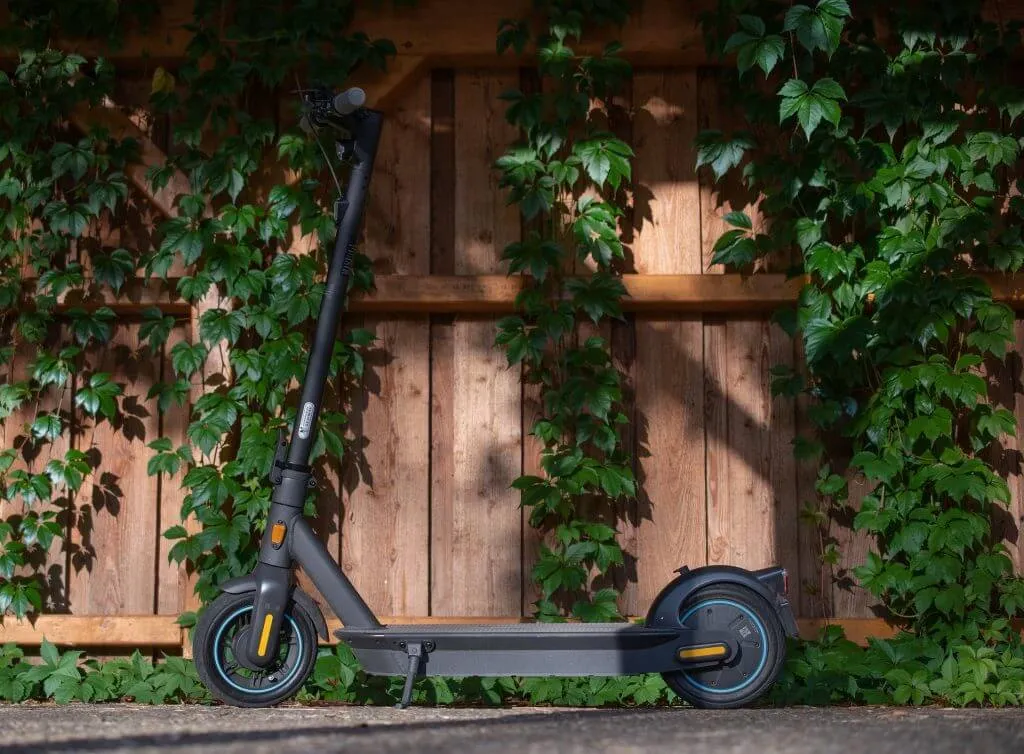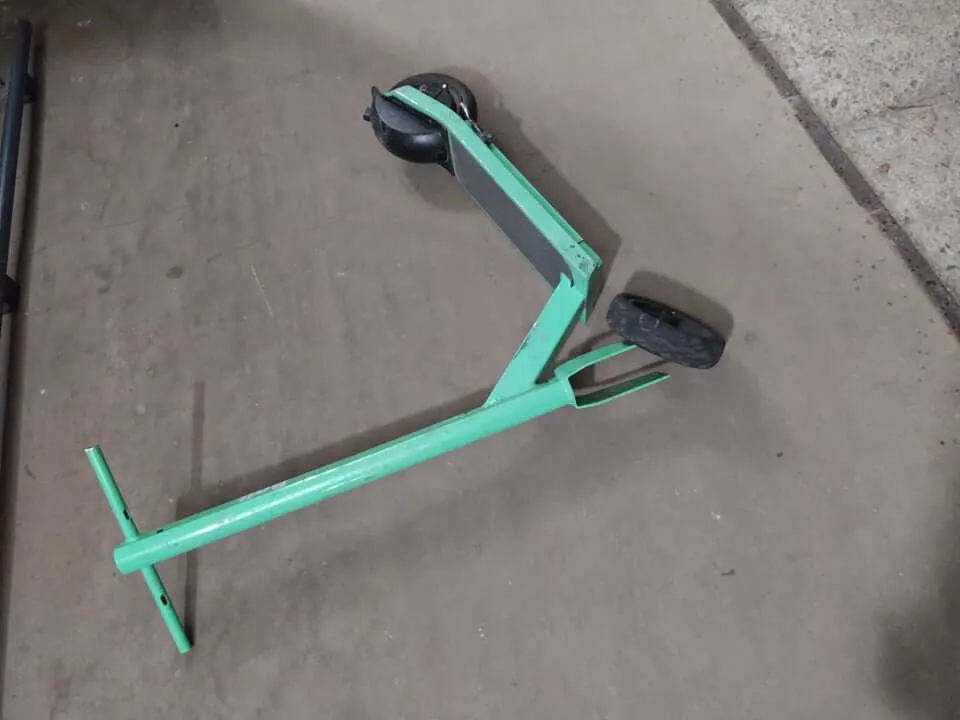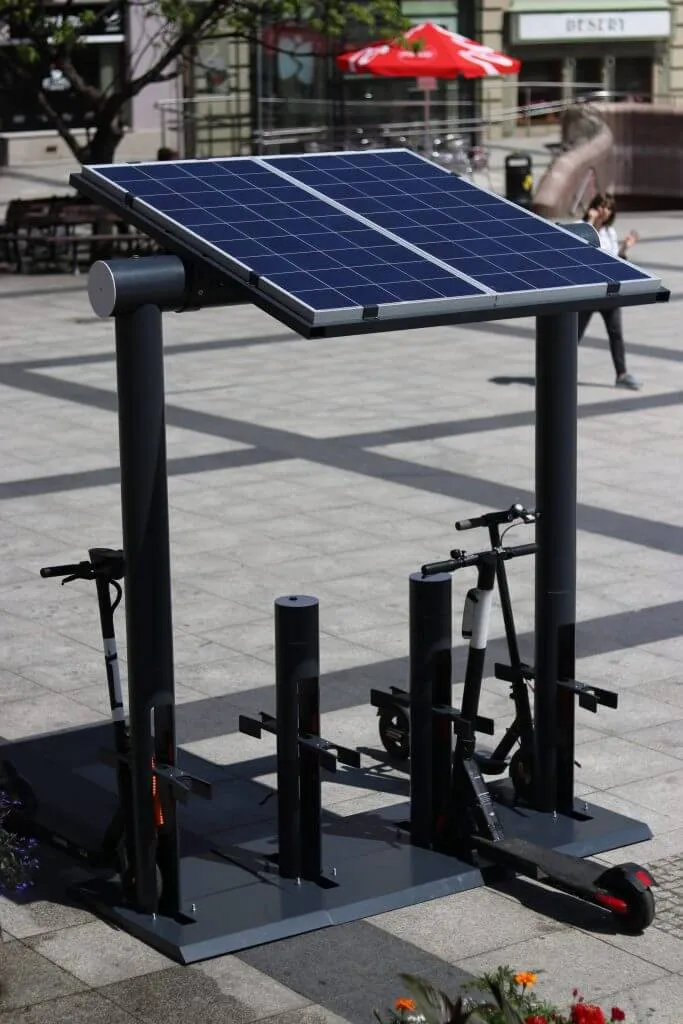Traffic jam-free streets are a rare sight. In fact, only on holidays, when people living in cities go to their family homes or on vacation, we have the opportunity to smoothly pass through the city. Currently, we live in a strong trend of urbanization. A study conducted by UNICEF showed how population migrations look like nowadays. We are still pulling for work to the cities, despite the fact that they are getting denser and denser. This creates many challenges, especially when it comes to transportation within cities, such as traffic congestion, access to multiple urban zones and city centers, finding parking spaces, etc. By 2050, 70% of people will live in cities. All these people need to move around, to move, to be mobile, so it will only get denser and tighter. Cities grow by absorbing adjacent towns and cities, but the urban centers themselves continue to grow in population and jobs.
Do we have solutions that respond to the inevitable traffic jams? Yes, there are more and more interesting, more and more sophisticated alternatives to public transport. One of them is the electric scooters that appear in cities. The most available city electric scooters are in the Tri-City (8.5 thousand), Warsaw (over 8 thousand) and Krakow (3 thousand). Slightly smaller cities such as Lublin already have over 1,500 units. Electric scooters are one of the best alternatives to cars. Why?
However, this solution is not without its drawbacks, and cities have to deal with the urban clutter and chaos that scooters bring with them. On the streets, we can often meet with incorrect putting away of devices and acts of vandalism, which certainly do not have a positive effect on the city’s image.
In addition, there is a question – are scooters really that ecological?
Research by the University of North Carolina has shown that the average greenhouse gas emissions per mile of scooters are just over 200 grams of CO2. For comparison, the emission of gases per mile traveled by a car is over 400 grams of CO2. Unfortunately, subsequent studies show that the scooter management process not only does not have a positive effect on the environment, but can even be negative. Commuting, the so-called juicer with old diesel buses and charging scooters with energy from coal mean that they are not ecological as a means of transport.
The law passed in Poland on May 20 is a chance to change this situation. According to it, scooters should be parked in mobility zones or at the edges of sidewalks. Krakow has already introduced around 260 mobility points in 2020. Cities such as Lublin are already announcing the construction of a similar number of such mobility points. In addition, each user will be able to ride a maximum of 20 km/h, and scooters will no longer be available to everyone. This is a chance to change for better, more mobile cities.
With these cities in mind, our new project jCharge was created – universal electromobility charging stations for Smart City. Since the creation of this product we started talking to both operators and cities to understand their needs very well. Thanks to jCharge stations, charging electric scooters and bicycles becomes friendly for residents of developing cities. Proprietary technology obtains and manages electricity from solar energy, which positively affects the ecological image of cities with which we work.
The charging station for scooters and electric bicycles is a fully modular and autonomous product, designed for the development of micro-electromobility in cities. Operation requiring no external power supply is made possible by efficient solar panels and dedicated electronics that report device status and have special algorithms to manage device charging energy. In the default configuration, the station consists of 4 charging stations in the form of 2 low and 2 high poles. Each pole is equipped with a universal vertical slot, which alternatively enables also docking of a bicycle. The posts are equipped with double-sided grips that stabilize the scooter’s handlebars.
jCharge has three pillars:
Versatility – the system is based on artificial intelligence modules, which allows you to match the charging method to the connected device. This is a very big relief in a situation where there are many types of scooters and electric bikes in the city.
Innovation – our charging stations are the answer to the needs of the future. All cities that want to remove smog from their streets need to work on using renewable energy sources in their operations. jCharge is part of your city’s green strategy.
Order in the city – with charging stations, scooters will finally be fully green and orderly, making your city fully sustainable.
Based on the information we receive when we talk to the city’s innovation officers and operators, we propose the placement of our devices. Charging of electric scooters, electric bikes and smartphones is possible practically immediately after installation! The jCharge independently recognizes the device it needs to charge, making it extremely user-friendly. It collects all non-sensitive data about the devices it charges, as well as the stations themselves. By giving cities access to such numbers, we can easily increase the effectiveness of social campaigns aimed at users of both electric scooters, electric bikes, as well as show heat maps and station usage.
The jCharge stations are primarily designed to charge the scooters of city operators, who provide us with data on the location of the scooter. In this way, jCharge builds order in the city and makes micromobility 100% eco-friendly. The product is also a real reduction in operating costs for operators, who can pay cities for the process. Thanks to the management panel, we can see the current energy consumption and bill of each operator.
The first solar-powered charging station for electric scooters has already been installed. In a moment the first pilot implementations will be installed in Rzeszow, Krakow, Szczecin and Lublin. This is the way we want to organize our cities. We want to make them ecological. We want to make energy and equipment available to everyone. The city of the future is clean, decongested, mobile and safe. Let’s build them together so we can all live in better cities – the cities of tomorrow.
If you want your city to be innovative, citizen-friendly and ecological, please contact us and we will show you how we can help.





